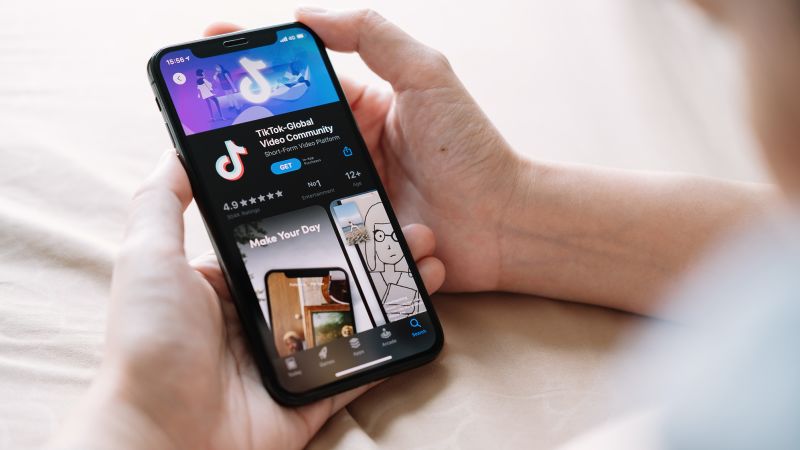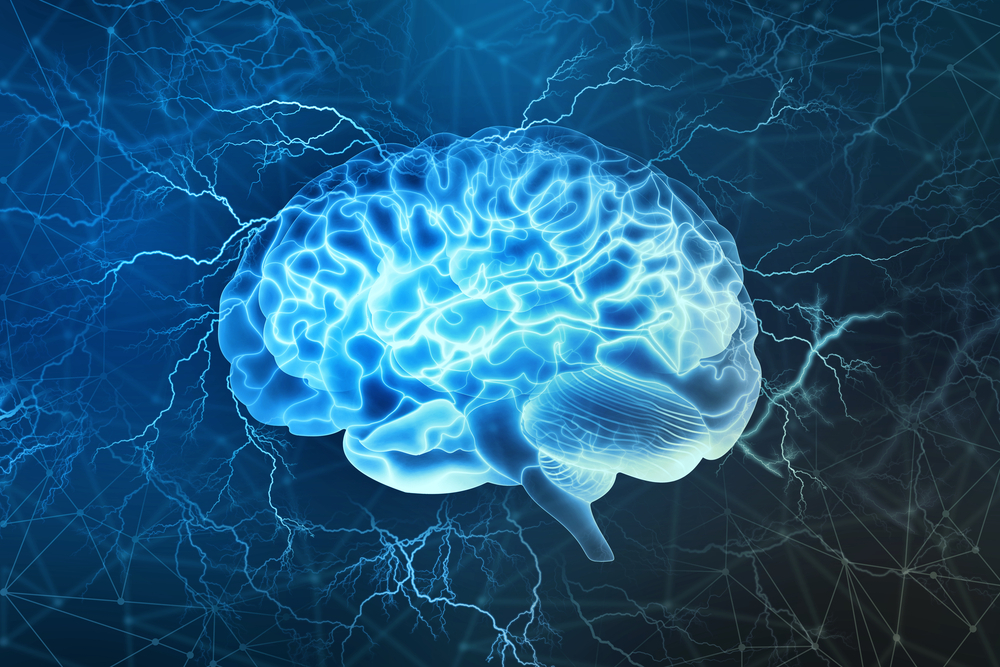We've all been there – there are things we still know years later and other information that we forget shortly after we absorb them. While some events or people remain in our memory, we quickly repress many things. But what are the differences and how can we influence them?
A new study published in the journal Science explains why this different processing occurs in our brains: we can “identify” memories. Researchers now know that the brains of humans and mammals have a system that distinguishes whether life experience is important for our functioning or our future lives. This deserves to be committed to long-term memory while other things are quickly deleted.
For this purpose, neuroscientists have carried out experiments on mice – don't worry, some brain processes are almost unchanged over the course of evolution and can therefore be transferred to other mammals to some extent. Experiments showed that cells in the hippocampus region of the brain work in a specific pattern when awake. These are so-called “sharp wave ripples,” a signal pattern that has been little researched so far.
Neurons in a specific area of the hippocampus, the dentate gyrus, send out synchronized signals lasting about 50 milliseconds. It is known from previous studies that the dentate gyrus acts as an input to the memory center and a “gatekeeper” for incoming stimuli.
The mice only transferred some promising memories
doctor. György Buzsáki, a professor of neuroscience at NYU Langone Health, asked rats to pass through a maze with a reward at the end if the rodents successfully completed their task. The scientists monitored the activity of neurons using electrodes, which transferred the data obtained to software. The researcher realized that every experience and every event has its own unique waveform. However, the mechanisms behind this were not clear. For this purpose, brain waves during wakefulness were compared to those that occur during sleep stages.
Editorial recommendations
What was clear in the study conducted during sleep was that waking experiences that were considered important turned into lasting memories, while other experiences did not form lasting or lasting memories. The scientists determined that the rats primarily retained those objects that had led to a reward in the past. But the brain instinctively and independently decides what that entails. However, people are not completely helpless when it comes to what we remember, for example from our daily work. The study results suggest that we can increase the likelihood that a memory will be stored permanently in the brain.
Previous studies have shown that a perception remains in very short-term memory for only two seconds before we forget it and cover it with new memories. So it may be sensible to do a different type of activity after certain things you want to remember later, i.e. not always working in the same way.
Experiments on mice have also shown that there are bursts of activity during spikes, “spike spikes” when the mouse stands still and “its brain is basically inactive,” says Daniela Schiller, a professor of neuroscience and psychiatry at UCLA. Icahn School of Medicine at Mount Sinai.
Relax your mind with breaks and different types of work
What we can learn from this is one thing above all: not to load our brains with too much information in the same format, but to think at different levels and combine different activities and mental abilities. The researchers found that success-related events that followed a break were more likely to be found in long-term memory. Researcher Dafna Shohamy, director of the Zuckerman Institute at Columbia University, said the animals were seen stopping after a new or rewarding experience.
“We conducted a study a few years ago where we asked people to navigate through a maze with random objects along the way with the goal of finding treasure,” Shohamy explains. “The more they find treasure, the more likely they are to remember the random thing they passed along the way.”
It can also be helpful to stop and take breaks in daily life – and to combine many different types of work in order to make better use of the human brain.

“Alcohol buff. Troublemaker. Introvert. Student. Social media lover. Web ninja. Bacon fan. Reader.”






More Stories
Entomologists discover a long-extinct wasp | Sciences
Skin rash after eating asparagus? What could be behind it?
Warning signs of Alzheimer’s disease: Researchers find new evidence